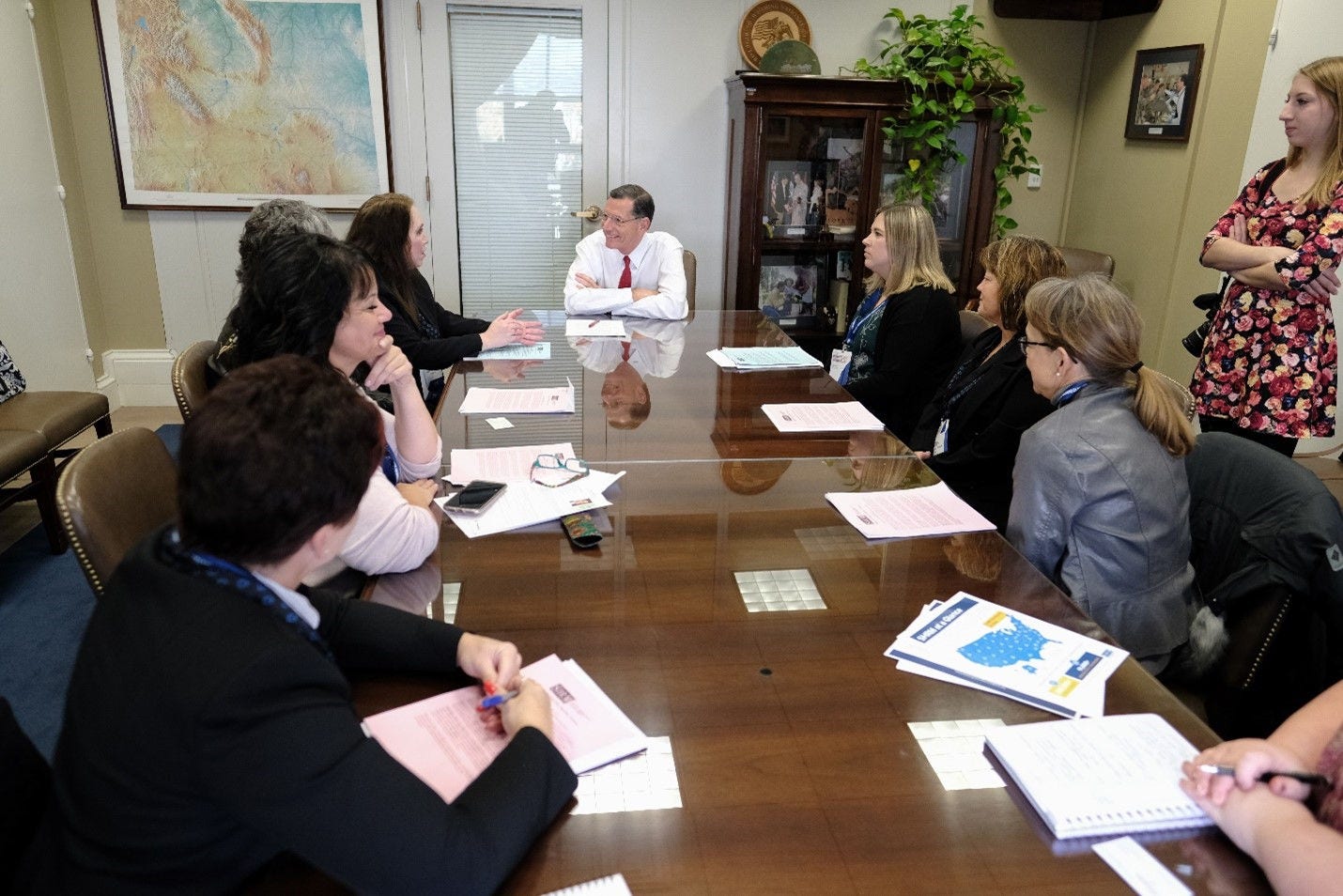
Workforce Development
Employers and government have a shared responsibility to help equip individuals with the valuable skills they need to become employed and to continue to advance in their careers. These efforts must ensure workforce development opportunities are also made available to non-traditional talent pools and individuals facing barriers to employment.
To close the skills gap and improve individual prosperity, employers and government should adopt practices and policies that support efforts to hire, educate and train individuals for the modern workplace, including tapping into non-traditional talent pools.
SHRM's Position on Workforce Development:
SHRM supports policies that create opportunities for individuals to gain the skills needed to find a good job and improve their quality of life through career advancement. Employers have struggled for months — or even years — to find qualified talent to fill millions of open jobs, and workers are looking for quality education and training programs to get the skills needed for career opportunities.
To tackle these twin challenges, SHRM supports congressional action to reauthorize the Workforce Innovation and Opportunity Act, modernize the national apprenticeship system and expand Pell Grants to include high-quality, short-term programs.
We have seen drastic changes in the employment market, but the reality is it does nothing to erase the underlying skills gap. In fact, it may exacerbate the skills gap in the long term. We need to continue to forge a better alliance between education and employment, invest in workforce training and open our recruiting efforts to nontraditional pools of talent.
SHRM
Our Workforce Agenda
SHRM-Supported Legislation:
Strengthening federal support for workforce development efforts nationwide
Supporting skills-based assessment and hiring in the federal workforce
Modernizing federal programs to support apprenticeships and extend Pell funds to cover short-term courses
Revising 529 savings plans to cover postsecondary training expenses
Expanding opportunities for employers to use apprenticeship programs, especially in high-demand industries
Creating competitive federal grants to support apprenticeships for youth (16 to 22 years of age)
Providing federal support for workforce training programs at community and technical colleges
Expanding the tax exclusion for employer-provided education assistance to cover student loan repayments
Expands Pell funding eligibility to short-term, high-quality workforce development programs and providers.

SHRM's Workforce Development Priorities
Learn more by downloading SHRM's workforce development priorities one-pager, which covers the Workforce Innovation and Opportunity Act (WIOA), apprenticeships, short-term/workforce Pell grants, and SHRM's workforce agenda. You can also contact SHRM Government Affairs at governmentaffairs@shrm.org.
